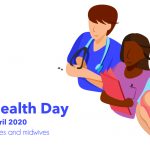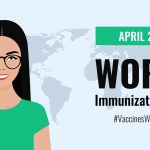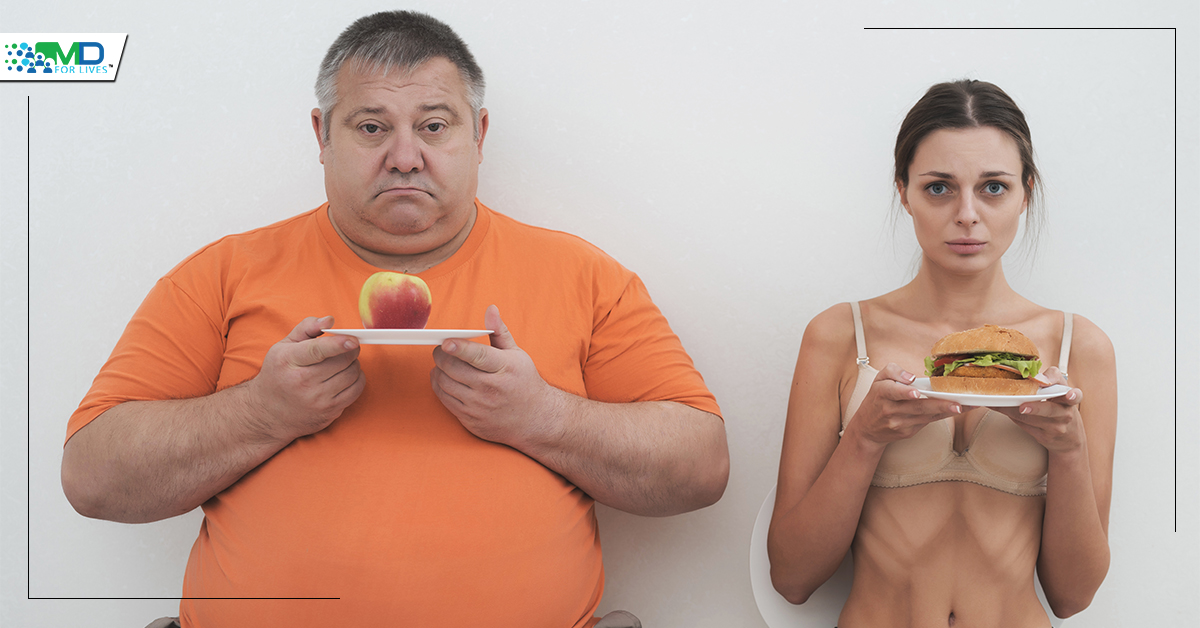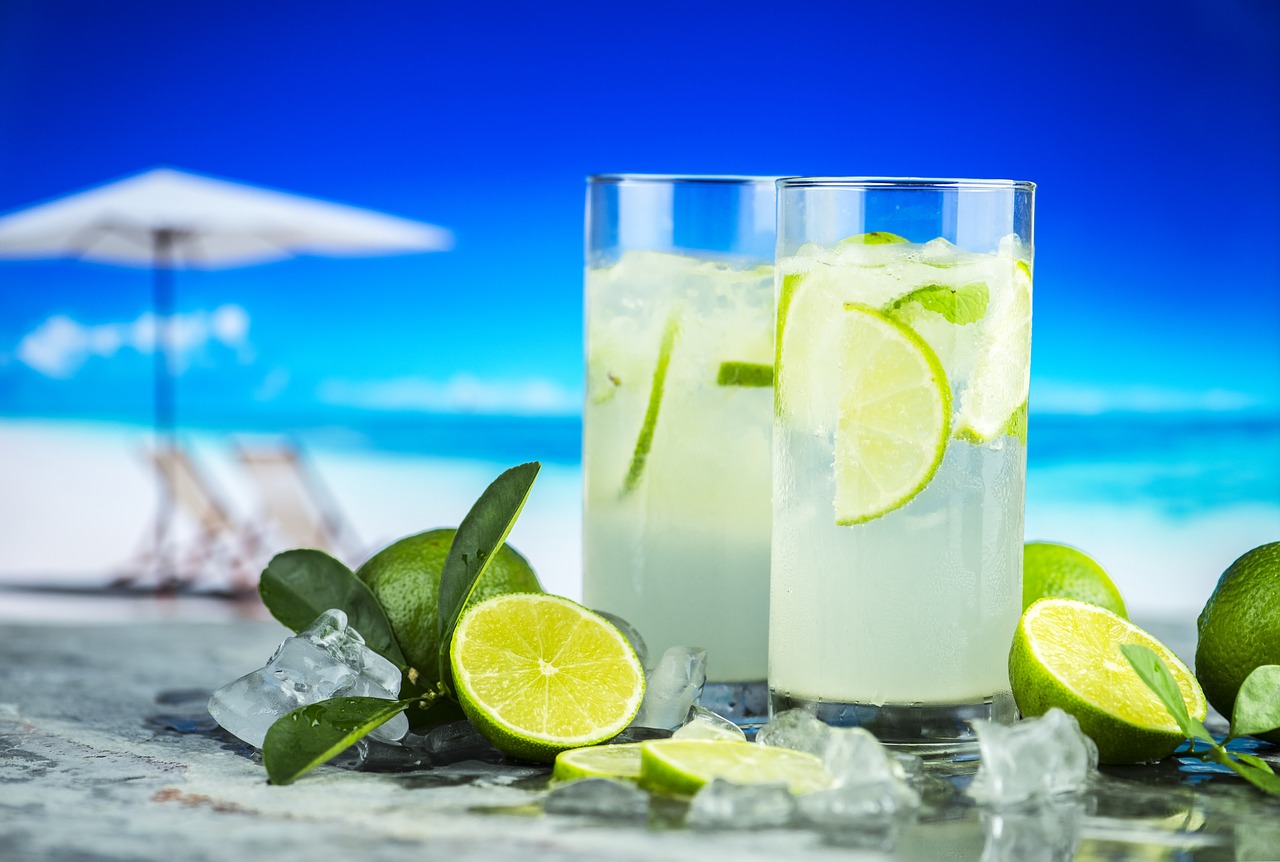The deadly COVID-19 virus started slowly in the city of Wuhan in China. However, within months, it caused a pandemic that quickly spread to different countries around the world. To mitigate, the World Health Organization (WHO) imposed public health measures such as social distancing and quarantine, as they are the oldest yet most effective tools in controlling these outbreaks. (Wilder-Smith & Freedman, 2020)
Isolation, a factor in quarantining, is the separation and restriction of movement of a person who has potentially been exposed to the disease to avoid the risk of infecting others. Hence, it is one of the earliest orders from WHO. The same measures were taken during the SARS (Severe Acute Respiratory Syndrome) outbreak of 2003. The pandemic also started from Southern China, then spread quickly within three months. However, mandatory mass quarantine has possible psychological costs like boredom, separation from loved ones, loss of freedom, uncertainty and doubts of having the disease.
Isolation and its Psychological Implications
During this pandemic, the viral infection is not the only disease to watch out for. A study tackled the psychological long -term effects of being in quarantine and found out that 7% (126 of 1656) showed anxiety symptoms and 17% (275) showed feelings of anger, whereas 4–6 months after quarantine these symptoms had reduced to 3% (anxiety) and 6% (anger). Many participants continued to avoid people who are coughing/sneezing and crowded places in the weeks following the quarantine period.
Besides the vulnerable non-medical population, the psychological afflictions also infected the healthcare force. A cross-sectional study based in Taiwan, which included 338 hospital staff, who were quarantined for nine days after suspicions of SARS affliction, as respondents showed that being quarantined was predictive of symptoms of acute stress disorder. In line with it, there were reports of exhaustion, anxiety, insomnia tendencies, irritability, poor concentration, deteriorating work performance and reluctance to work. Healthcare workers who had been quarantined had more severe symptoms of post-traumatic stress than members of the general public, scoring significantly higher on all dimensions.
Ticking Time Bomb: How Longer Isolation Periods Do More Damage
According to a comprehensive review of 22 studies done across 10 countries, which included outbreaks of SARS (11), Ebola (5), H1N1 (3). MERS (2) and equine influenza (1), there are major stressors that one can experience while being isolated on quarantine. The longer the quarantine, the poorer the mental health of a person can become. Being quarantined for 10 days showed significantly higher post-traumatic stress symptoms than those quarantined for less. This aggravates another major stressor, which is the fear of infection. Having physical symptoms related to the infection would be worrisome and can reflect having psychological outcomes later. Frustration and boredom can also be induced from confinement, loss of usual routine and reduced social and physical contact. Additionally, the scarcity of basic supplies (food, water, clothes and accommodation) continued to be the source of anger and anxiety 4-6 months after release from quarantine. Participants complained that the lack of medical supplies and protective equipment from public health authorities were insufficient. Thermometers and face masks were delivered late or not at all. Groceries and other essential items were distributed intermittently and would take a long time to arrive. Furthermore, many of the participants cited inadequate information from public health officials as a stressor. Unclear guidelines about actions to take and quarantine protocol brought about confusion and doubt to many of the respondents, especially those without health backgrounds.
Environmental Stress: How the outside world affects people in Quarantine
Completely helpless in their own homes, with no job security, limited food sources and overall low morale, the only thing people can think of who can help them is the government, but with lack of access and effective solutions, this brings greater stress to people in isolation. After the Toronto SARS epidemic, it was perceived that the confusion stemmed from different approaches and poor coordination from the multiple jurisdictions and levels of government involved. Socio-economic distress can also be caused by unemployment and financial loss. Risk factors of psychological disorders seem to arise with people unable to work and having to interrupt professional activities without advanced planning. Most of the families with lower household incomes showed significantly higher amounts of post-traumatic stress and depressive symptoms. Lastly, stigma and discrimination from others was a consistent theme throughout the studies. Participants in several studies reported that others were treating them differently: avoiding them, making critical comments, withdrawing social invitations and treating them with fear and suspicion.
How to Cope with Isolation in this Time of Pandemic
As of writing, there is no cure or vaccine for the feared COVID19 virus. With that, the world is still filled with uncertainty; even the length of quarantine is unsure at this time. Hence, the damages brought by this isolation is immeasurable as of now. Being in isolation brings about waves of loneliness and overthinking, which does more damage than assurance. One of the side effects of the aforementioned feelings is its ability to mimic the symptoms of the feared. A person might exhibit the signs of COVID19 without probable cause. Previous literature suggests that people with poor mental health and disaster-related trauma need extra support during quarantine and therefore need to be informed of what to do during these psychologically-draining situations. Dr. Stephanie Cacioppo, a social neurologist, and director of Brain Dynamics Laboratory at the University of Chicago’s Pritzker School of Medicine suggests these methods to lessen the effect of anxiety while in isolation:
Think of the “Now”
Thinking too much into the future may bring certain waves of uncertainty which results in panic and anxiety. Dr Cacioppo suggests that one guaranteed way of coping through this pandemic is gaining control of the situation. Hence, think of the “now”, which is still under control. If thinking ahead is a must, plan up to two days ahead, with activities revolving around the house which still brings a spark of joy.
Breathe
When anxiety kicks in, the breathing gets fast and heavy. As it happens, try to control it and breathe in and out in blocks of 3-seconds. So, while counting to three, breathe in, hold and count to three, then exhale within three seconds as well.
Do Virtual Socializing
With the technology of today, almost everything is possible online. Catching up with friends and family or even sharing a meal through online video calls. Cacioppo says that the feeling of connection with loved ones does not depend on the proximity and time, rather it depends on the quality spent with each other, even if done virtually.
If people cannot manage their symptoms of depression, anxiety, panic, sleep disturbance or any similar problems, do not hesitate to seek help. There are many available mental health guidelines and hotlines that we can follow and contact in the web. There are countless people having difficulties during these tough times and are also seeking help. Remember that the whole community of psychology health force and advocates are with you. You are never alone.
Overall, the people in isolation must stand their ground during these troubling times. Humanity had withstood pandemics, environmental disasters, and wars. Let us remind ourselves that resilience is the key characteristic that lets us endure the most difficult circumstances and also makes us stronger, generation by generation.

References
- Wilder-Smith, A., & Freedman, D. O. (2020). Isolation, quarantine, social distancing and community containment: a pivotal role for old-style public health measures in the novel coronavirus (2019-nCoV) outbreak. Journal of travel medicine, 27(2), taaa020.
- Sood, S. (2020). Psychological effects of the Coronavirus disease-2019 pandemic. Research & Humanities in Medical Education, 7, 23-26.
- Brooks, S. K., Webster, R. K., Smith, L. E., Woodland, L., Wessely, S., Greenberg, N., & Rubin, G. J. (2020). The psychological impact of quarantine and how to reduce it: rapid review of the evidence. The Lancet. doi:10.1016/s0140-6736(20)30460-8







4 Comments
Opioid Analgesics: FDA Issues Strong Warnings | MDforLives.Blog
5 years ago[…] cough products are potent cough suppressants, whereas benzodiazepines are used for treating anxiety disorders, insomnia and seizures. Both act as CNS depressants and their concomitant use risks a […]
6 things you can do when you are mentally exhausted - herbalonlinedenature.com - Growing to Meet Your Needs
5 years ago[…] routine. Or you can just do your regular work differently. This would be a good way to kick your mental exhaustion. You can challenge yourself to do something new once a week. It can be a simple change. Instead of […]
Antisocial Personality Disorder (ASPD) In Leaders | MDforLives
5 years ago[…] faith in mental health professionals. They may only seek help because of their existing medical or mental conditions such as substance abuse, depression, anxiety, and somatic […]
Antisocial personality disorder (ASPD) in leaders: How do sociopaths run the world? - MDForLives
4 years ago[…] faith in mental health professionals. They may only seek help because of their existing medical or mental conditions such as substance abuse, depression, anxiety, and somatic […]